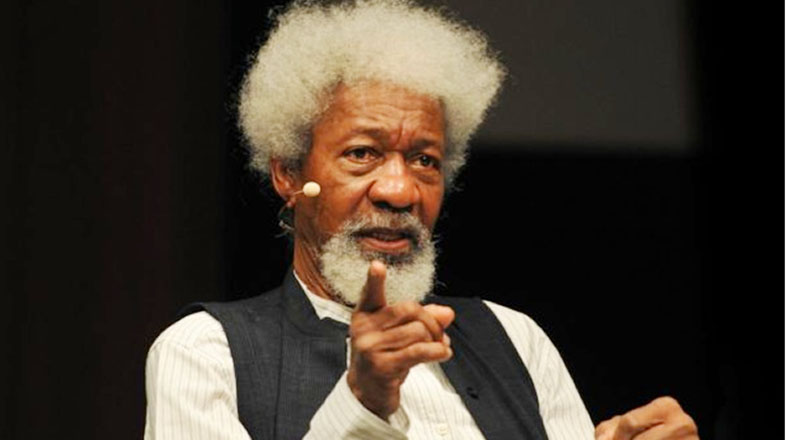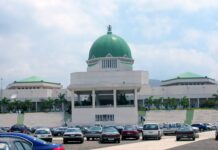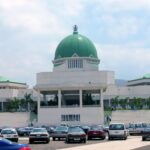The United States Consulate in Lagos has stated that the issuance of U.S. visas to foreign nationals is a privilege, not a right, following inquiries about the reported revocation of Nobel laureate Prof. Wole Soyinka’s visa.
Responding to journalists on Thursday, the Consulate said it would not discuss details of the case, citing confidentiality laws governing visa records.
“Under U.S. law, visa records are generally confidential. We will not discuss the details of this individual visa case,” said Julia McKay, Public Diplomacy Officer at the U.S. Department of State, U.S. Consulate General, Lagos.
McKay further noted that visas could be revoked at any time at the discretion of the U.S. government.
“Visas are a privilege, not a right. Every country, including the United States, can determine who enters its borders. Visas may be revoked at any time, whenever circumstances warrant,” she added.
Soyinka, 91, had earlier revealed at a media briefing held at Kongi’s Harvest Gallery, Freedom Park, Lagos, that his B1/B2 visa was revoked by the U.S. government.
According to him, the notification letter from the U.S. Consulate General was dated October 23, 2025.
“It is necessary for me to hold this press conference so that people in the United States who are expecting me for this event or that event do not waste their time. I have no visa; I am banned, obviously, from the United States,” Soyinka said.
The Nobel laureate said he was unaware of any wrongdoing that might have prompted the revocation, recalling only two minor past incidents — a fine for failing to declare green chilies at a Chicago airport and a confrontation with a police officer during a 1970s conference in Atlanta.
A copy of the letter reportedly stated that Soyinka’s non-immigrant visa “has been revoked pursuant to the authority contained in U.S. Department of State regulations 22 CFR 41.122 and is no longer valid for entry into the United States.”
The letter also requested that Soyinka return the revoked visa to the U.S. Embassy in Lagos for cancellation.
Soyinka’s B1/B2 visa, issued on April 2, 2024, is a temporary visa for business and tourism purposes.
The 1986 Nobel Prize in Literature winner, who has lived and taught in several American universities, has not disclosed whether he intends to appeal the decision.
The development has sparked mixed reactions, coming amid reports of tightened U.S. immigration measures targeting African migrants.










